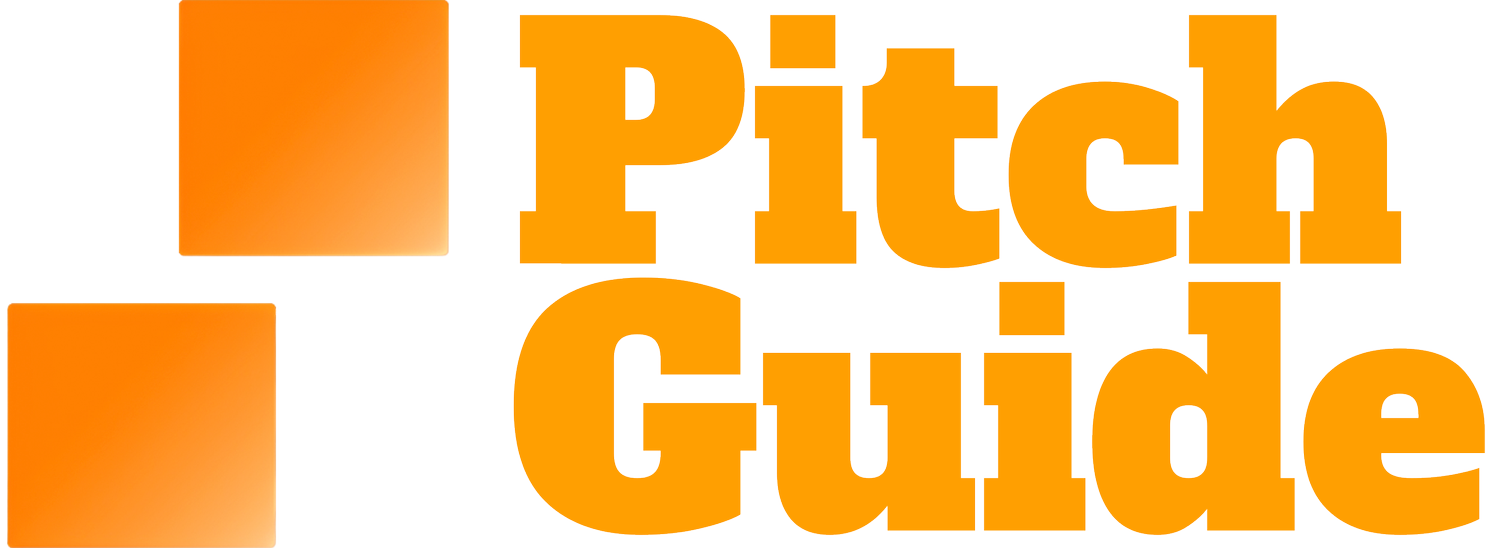Concierge MVP: the ultimate tool for testing your startup idea
Hold up - What is an MVP?
An MVP, or Minimum Viable Product, is your product in its most basic, functional form. Think of it as the prototype that lets you test whether your grand idea holds water without sinking a ton of time and money into it.
Rooted in the Lean startup philosophy, MVPs let you "fail fast" and cheap. Instead of investing heavily in a fully developed product that might flop, you roll out the MVP to see if anyone bites. If they do, great—you've got something to build on. If not, you've saved yourself a lot of wasted effort and can pivot before it’s too late.
Your MVP is essentially a fact-finding mission. It’s not about being perfect or pretty; it's about validating your concept.
MVPs can take many forms. You might create a landing page to see if people are interested enough to sign up. Maybe you take pre-orders to gauge demand. Or perhaps you launch a stripped-down version of your product that focuses solely on its core function. If people like it and it works, you can start thinking about adding more bells and whistles.
In short, an MVP is your startup’s first step into the real world. It’s your chance to prove your idea has legs before you start running.
What is a ‘concierge MVP’?
If you think of a hotel concierge, someone makes recommendations and arranges things for hotel guests: dinner reservations, theatre tickets, activity bookings. It’s a personal service. A concierge MVP is a product or service where the automation or mechanization has been taken out of it, to be completed by a human. It’s a similarly personal service.
Concierge MVPs are labor intensive, but equally, they are a much cheaper option than developing a functional prototype device or writing extensive code to ensure that a product is operational just to provide you with a proof-of-concept or to show you that your grand idea isn’t actually what your customers want
Concierge MVPs offer three specific advantages:
They enable you to test complex development without going through the entire development process. They save time and money and can be ditched or iterated on quickly.
They allow you to interact with your customers to ensure you provide the precise service they want and need. You also have access to deep-level feedback.
They help you establish yourself within a niche market and develop customer relationships. For high-value customers, these relationships are crucial to establishing your business.
Of course, those positives are countered by some negatives, too:
Scaling up your business could prove more difficult than you anticipated.
When you start to automate your processes, the final product might not be as good as the personalized service from the MVP, which disappoints customers.
Concierge MVPs can be time-consuming and resource-intensive.
Examples of concierge MVPs
Imagine launching a startup specializing in last-minute holiday deals. Customers would be able to decide if they want to fly tomorrow, the day after, or in three days. They would be able to choose long, medium, or short-haul flights, the star rating of their hotel, and whether they want a seven- or 14-night stay. They would also be able to set a price range for their trip.
Instead of creating a fancy website with complex algorithms to find deals, you start with a simple landing page asking a few key questions. Based on their answers, you and a team of appropriately paid interns manually search for holidays that match their needs. Your customers receive three tailored holiday options within three hours in their inbox.
This approach lets you test the market for your service without pouring thousands of hours into coding a sophisticated but potentially unused website. If interest is low, you can pivot to another idea without significant losses.
But if demand exists, you can use what you’ve learned to develop an algorithmic version, refine the process, and scale up. This way, you’ve validated your concept and gathered valuable insights before making a substantial investment.
Is it worth providing the option for seven- and fourteen-night stays, or does one vastly outnumber the other regarding desirability?
Were any customers requesting three-star or lower hotel ratings? If not, you can build a search facility that only looks for four-star accommodation and higher.
What was the split in destination distance preference? Maybe having the three short, medium, and long-haul choices did appeal to customers.
Did people really want to depart the next day, or was the day after tomorrow the preferred choice?
Rather than building unnecessary functions into your first iteration, you have the data to back up what your product does and doesn’t need.
You could also dive into niche markets within this last-minute holiday deal space. Imagine offering upgrades like premium airport transfers or arranging dinner reservations, theatre tickets, or exciting activities—acting as a real concierge. Starting with a concierge MVP lets you discover exactly what your customers crave.
This approach lets you fine-tune your service to cater to these specific desires, potentially unveiling a lucrative niche market. And if people aren’t keen on this level of white-glove service, you haven’t wasted resources on unnecessary features. It's a win-win: finding a new market or avoiding costly missteps.
MVPs come in different shapes and forms. They are there to help you determine quickly and cheaply if your business model is viable, and a concierge MVP can assist you in refining that idea, too.
Learn much more
Did you know: Our Ready to Raise in 14 days course will teach you everything you need to know to put together a world-class pitch in just two weeks.

